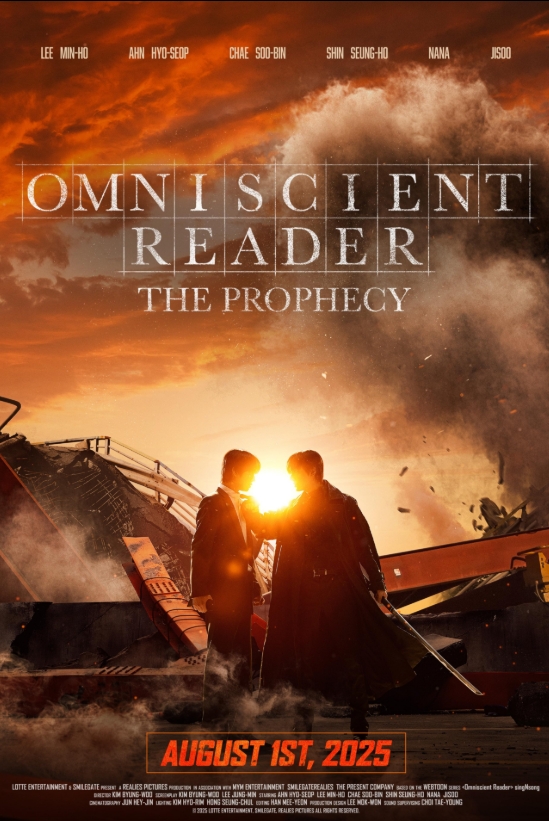Twilight Christian Review

Few films have divided audiences as thoroughly as Twilight. To some, it’s a sweeping, epic romance, a tale of forbidden love with brooding vampires and supernatural allure. To others, it’s a shallow indulgence, an overly sentimental teenage fantasy that elevates angst to an art form. And yet, it’s undeniably compelling—an emotional hurricane that took the world by storm.
For Christians, Twilight presents a peculiar kind of reflection. It’s not a “Christian” film, yet its themes touch on ideas that are ripe for theological discussion: love, sacrifice, temptation, and identity. And if nothing else, it offers a glittering lens through which to examine how pop culture shapes our understanding of relationships and values.
Obsession in the Guise of Love
Let’s start with the core of the story: Bella Swan and Edward Cullen’s all-consuming relationship. From their first encounter, their connection feels less like a healthy bond and more like an obsession. Edward is instantly drawn to Bella, battling his vampire instincts not to harm her. Bella, for her part, becomes entirely captivated by Edward, to the point where her identity begins to dissolve into his.
Is this love? For Christians, love is defined in 1 Corinthians 13: patient, kind, selfless, not easily angered. In Twilight, however, love looks frantic and overwhelming—an emotional tempest that isolates Bella from her friends, family, and even herself. It’s the kind of “all or nothing” relationship that many teenagers fantasize about, but in reality, it often leads to heartbreak and dysfunction.
There’s a deep irony here. Edward’s restraint—his refusal to harm Bella despite his nature—could be seen as noble, even sacrificial. He protects her from himself, but Bella’s infatuation blinds her to the risks. Sacrificing oneself for love is beautiful, but in Twilight, the sacrifice is often one-sided, with Bella losing far more than she gains.
The Sparkling Metaphor for Abstinence
Much has been made of Twilight’s subtext about abstinence. Edward, ever the Victorian gentleman, refuses to give in to his physical desires, whether it’s drinking Bella’s blood or pursuing a sexual relationship. On the surface, this seems like a positive message, especially in a cultural landscape where restraint is often ridiculed.
Yet the framing feels odd. Edward’s abstinence is portrayed not as a virtue but as an unbearable temptation. His self-control becomes a source of tension rather than peace. It’s abstinence made sexy, which is both intriguing and troubling.
Christians might see a glimmer of truth in this. Yes, resisting temptation is hard, and Edward’s struggle mirrors the very real battles we all face against our sinful natures. But the film stops short of showing the joy or freedom that can come from choosing the higher path. Instead, the focus remains on the allure of the forbidden, leaving viewers caught in the tension rather than lifted by the resolution.
Bella’s Identity Crisis
One of the most perplexing aspects of Twilight is Bella herself. As the protagonist, she’s meant to be the audience’s anchor—a character we relate to and root for. Yet Bella often feels less like a person and more like a blank slate, defined entirely by her relationship with Edward.
Her sense of self becomes consumed by their romance. She willingly puts herself in danger to be near him, isolates herself from her friends, and seems to have little ambition or interest outside of Edward’s world. It’s a troubling dynamic, especially for younger viewers who might see Bella’s choices as a model for love.
From a Christian perspective, this is a reminder of the dangers of placing our identity in anything—or anyone—other than Christ. Relationships are a gift, but they should never become idols. True love encourages growth and individuality, not dependency. Bella’s story serves as a cautionary tale about what happens when we lose sight of our own worth and purpose.
Vampires and the Struggle With Temptation
Vampires have always been rich metaphors, embodying themes like immortality, sin, and temptation. In Twilight, Edward’s vampirism serves as a lens through which to explore his struggle with self-control. His desire for Bella is both physical and emotional, making him a walking contradiction: a predator who chooses to protect rather than harm.
There’s something undeniably compelling about this conflict. Edward’s battle against his darker instincts echoes the biblical struggle between the flesh and the spirit. Romans 7:19 comes to mind: “For I do not do the good I want to do, but the evil I do not want to do—this I keep on doing.”
Yet, as powerful as this metaphor could be, it feels diluted by the film’s romanticization of danger. Edward’s restraint is admirable, but the narrative often glamorizes the very thing he’s fighting against. It’s a fine line between exploring temptation and glorifying it, and Twilight doesn’t always tread it carefully.
The Role of Aesthetics
Catherine Hardwicke’s direction is undeniably striking. The film’s muted palette, misty landscapes, and haunting score create an atmosphere that’s both intimate and otherworldly. Visually, Twilight is a feast, capturing the Pacific Northwest’s raw beauty and the dreamy haze of first love.
But aesthetics can be deceptive. The film’s emotional pull, amplified by its cinematography and music, makes it easy to get swept up in the romance without critically examining its substance. As Christians, it’s important to recognize this dynamic. Beauty and emotion are gifts, but they’re meant to point us toward truth, not obscure it.
What’s the Message?
So, what is Twilight really saying? On the surface, it’s a story about love, sacrifice, and the tension between desire and restraint. But dig a little deeper, and the message becomes murkier. It’s a tale of obsession disguised as romance, of identity lost in the pursuit of another, of temptation framed as something thrilling rather than something to overcome.
For Christians, the challenge is to approach Twilight with discernment. There are moments of truth and beauty to be found, but they’re often overshadowed by the narrative’s fixation on emotional intensity and forbidden allure.
Final Thoughts
Twilight is a phenomenon, and there’s no denying its cultural impact. It’s a visually stunning, emotionally charged film that taps into universal desires for love and connection. Yet, from a Christian perspective, it’s also a film that requires careful navigation.
The themes of sacrifice and restraint offer opportunities for reflection, but the portrayal of love as an all-consuming force—one that often borders on unhealthy obsession—sends a mixed message. For teens and parents, Twilight can spark meaningful conversations about relationships, identity, and what it means to love selflessly.
At the end of the day, Twilight is what you make of it. For some, it’s a dreamy escape; for others, it’s a cautionary tale. As Christians, it’s an opportunity to engage thoughtfully with the culture around us, finding moments of truth while remaining anchored in the ultimate love story: God’s love for us.
Rating: 5/10






